Cinema is always changing. We may not see it happen so outwardly, but little by little, new techniques, methods and formats for filmic storytelling are subtly altering the filmmaking process and how audiences perceive the finished product. But I believe that a storm is coming, one that will rumble the ground beneath our feet at the multiplex and cause a rapid shift in the thinking of studios, filmmakers and movie-goers in terms of how movies should be made.
I wish I could tell you that this sudden redesigning of cinema is going to happen much sooner. In truth, due to the never-ending continuation of universe-building franchises that dominate the American movie theater, it's going to be a while before we see anything we can all truly call "new and original." If you shook your head in disappointment as often as I did at the majority of this summer's blockbusters and crowd-pleasers, you might be inclined to believe that I must be crazy and that there is little hope of seeing something different at the movies for a change. I won't argue that you may be right; the summer blockbuster is not going anywhere. After all, we still have nine(?!) Marvel movies set until 2019, "Wonder Woman" and "Justice League" are being retrofitted to clean up the mess left by "Man of Steel," "Batman v Superman" and "Suicide Squad," and two "Star Wars" sequels, plus however many spinoffs Lucasfilm comes up with, are hurriedly in the works. (Do we really need a Boba Fett movie?) Nevertheless, I can't help but shake the feeling that the very existence of the summer's big bummers, as well the releases that bookend these money-makers, present a unique opportunity for American cinema to transform for the better.
We've all heard and participated in the collective outcry for more original work from directors and big budget studios that, in this post-"Avatar" era of blockbusters, believe the best they can offer audiences are CGI-heavy dazzlers converted into 3D at the last minute just to jack up ticket prices. Those who know where to look for such work will tell you that originality is out there and that you should actually make an effort to seek it out. While I do identify with this sizable cluster of movie-lovers, I won't reproach you for not looking beyond what is extravagantly advertised to you on TV and online, because if you shrugged your shoulders at big names like "Independence Day: Resurgence," "X-Men: Apocalypse" and "Ghostbusters," your dissatisfaction with their collective quality should be incentive enough for you to visit the smaller indie theaters that may be a little far from home.
Given the multitude of similar reactions to the summer's releases, it should also be incentive enough for Hollywood to rethink its strategies for developing and delivering top-tier entertainment in the years to come. The sad part about this is that we all know too well that opinions matter not to the money-grubbing studio-heads that pumped out these disappointments, or, as Jessica Ritchey of rogerebert.com calls them, "the most exhausted, sound-and-fury-signifying-nothing films yet." It's true that quite a few of these suckers managed to return a profit, but if you drop in on boxofficemojo.com, you will see that they did not rake in the stacks that the season's superior films, "Captain America: Civil War" and "Finding Dory," did. Their secret? (Isn't it obvious?) Both films actually give a damn about story, character and everything else that makes for a quality movie.
I'm not going to act like those two films (both unsurprisingly distributed by Disney) are the best films of the year so far. As thematically rich as they are, they still make more than enough room for all the eye-candy kids and nerds pay to munch on. And while I'm certain these titles were more than enough to put butts in seats, the movies themselves are what really made them winners. Yet for all their success, there was another gem that actually had people talking about it more than any film this year, and it isn't a movie at all.
"Stranger Things," the passionate pastiche of 80s sci-fi classics has been subjected to more online discussion, memes, hype and overall excitement than any movie this year (except maybe "Suicide Squad," but look how that turned out). I admit that I wasn't as spellbound by the hit Netflix series as most people were (the nostalgic winks were a bit distracting), but it is still a far more enriching experience than most of what the summer had to offer. Ritchey elaborates on this in her article (titled "Hollywood Gave Up On You"), which I highly recommend.
The success of "Stranger Things" not only highlights the fact that Hollywood has been tripping over its own feet for the past few years; its very structure holds a key Hollywood needs to unlock one of the not-so-secret methods to making good movies. It is something that every single human being on this earth has done at least once in life: looking backwards in order to go forward. What seems to be missing from most of this summer's releases is a consideration for what made their respective predecessors so successful. This is part of the reason I loathed "X-Men: Apocalypse," which apparently forgot that it had to ride the impressive wave made by "Days of Future Past" and settled for the noisy clichés of the superhero genre that we're all so sick of.
Speaking of "X-Men," who could forget how ridiculously triumphant "Deadpool" was way back in - of all the months for a big hit - February? It's hardly a great film, but at the very least, it is a fun one, which is more than I can say for the numb-skulled "Apocalypse." Many will tell you the reason "Deadpool" worked so well with audiences is that its potty-mouthed, fourth-wall-breaking lead character was a remarkable diversion from the scowling brooders we typically get in superhero flicks. There is so much more behind the Merc with a Mouth, all of which is rooted in Hollywood's rich history, that makes this feel-good actioner another fine example for future films to take notes on.
"Deadpool" is the culmination of over a decade's worth of superhero movies, all of them brewed with an encyclopedia's worth of clichés. Although the film is guilty of succumbing to genre tropes as much as any origin story, it effectively makes them perfect fodder for the self-aware smack-talker to take a stab at. The character's self-awareness is not the first of its kind either. Mel Brooks, among a few other comedy maestros, would often embed similar touches of meta alertness in many of his comedies. "Deadpool," like "Stranger Things," may not be the most original work recently available to viewers, but its respect for clever storytelling in cinema's past proves to be most beneficial in delivering something truly delightful (albeit violent and raunchy).
There have been a number of films outside and during the summer season this year that also have a deep regard for pictures of old. "The Witch," the deeply unsettling horror debut from Robert Eggers, tapped into the primal fears of evil and the unnatural better than any horror film in recent memory, nodding to classics by the likes of Stanley Kubrick and Ingmar Bergman. "Star Trek Beyond," though it is one of the more forgettable films of the summer, expertly captured the spirit of the original sci-fi TV series with a retro sense of fun. Laika's "Kubo and the Two Strings" used the oldest narrative format in the book - the hero's journey - to bring viewers of all ages a mythologically captivating adventure.
If Hollywood gave the classics a look or two before moving right along with the next franchise installment, they might in fact strike real gold with any sequel, prequel or reboot they have planned for the next few years. This simple approach, if replicated enough, will pave the way for entirely new subgenres and wholly original stories to be explored. I am fairly certain of this because it has slowly worked its magic over the course of cinema history. Some of the freshest films I've laid eyes on in a long time have graced the silver screen this year, such as "The Lobster," a hilariously bleak distortion of modern day relationships, and - my absolute favorite of 2016 - "Swiss Army Man," the fart-tastic odyssey of a lonely man and a talking corpse. Movies that audiences deserve to see are not dead, nor are they eons away from our starry-eyed gazes. They are just around the bend; those who bring them to us need only take extra-special care in doing so.
I mentioned at the beginning of this piece that a storm is coming. I've done my best to explain how that storm will be comprised of a multitude of refreshing cinematic achievements that audiences deserve to see. What I haven't mentioned yet, but will only touch on briefly, is how that storm will also contain films we should - maybe even need to - see. I realize this may sound better if detailed in a different piece, but it is a big part of the spark that prompted me to write this. Before I go on, however, take a look at this trailer:
"Moonlight" is one of a number of dramas centered on the African American struggle coming out this year in time for awards season. Like the franchise-minded blockbusters of the summer, there have been plenty of black-centric films, though they are certainly more important efforts, aimed at motivating Americans to participate in the ongoing debate of racism across the nation. The apex of these films seems to be Nate Parker's "The Birth of a Nation," which will depict the 1831 slave revolution led by Nat Turner. Parker's film looks as though it strives to be the ultimate cry for the African American people to finally be allowed to live as freely and without fear of violence and hatred as all free people in the modern world do.
Yet there is something far more poignant and far more human that "Moonlight" exudes from its trailer alone. It is set during three different periods of a young black man's life in contemporary South Florida, and there is not one image involving gun violence, racism (although I have a feeling there will be in the actual film), and not a single clip of hip hop or rap music scored over its beautiful imagery. "Who is you Chiron?", a voice asks the young protagonist of the film. From that line alone, we know this will be another depiction of self discovery, but one that already looks to be uniquely moving in its own right. This will not be a film about what it means to live free. This will be a film about what it means to be free, to simply be who we are and who we want to be in this life.
It's not every day we get to see a film like this without the faces and skin colors we are so used to seeing, which is part of what makes "Moonlight" look so special and so deserving of attention from movie-goers. It is exactly the kind of film America needs more of today, the kind we get after years upon years of seeing the same old stories projected on screen. If we are lucky, "Moonlight" will be one of many voices in film this year that will bring about that inevitable storm I hope to experience at the movie theater very very soon.




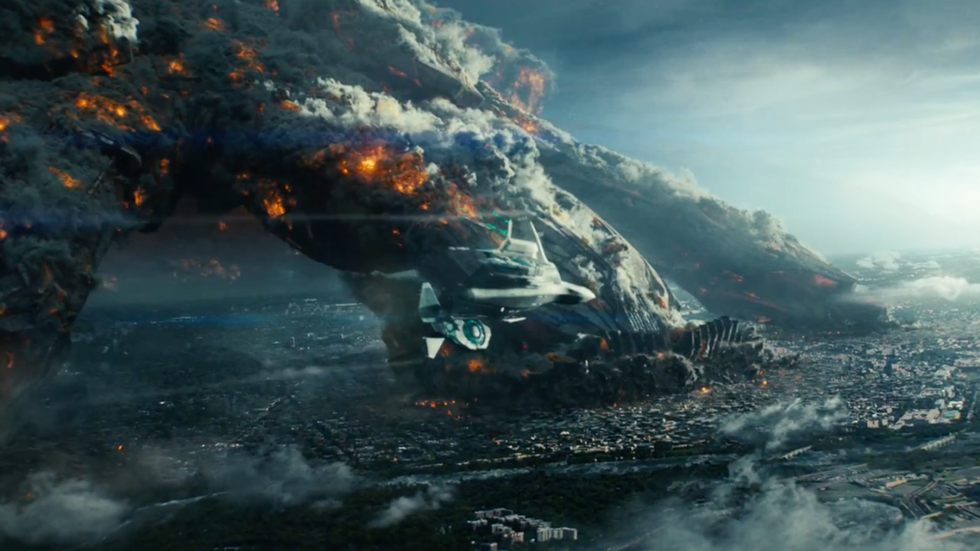
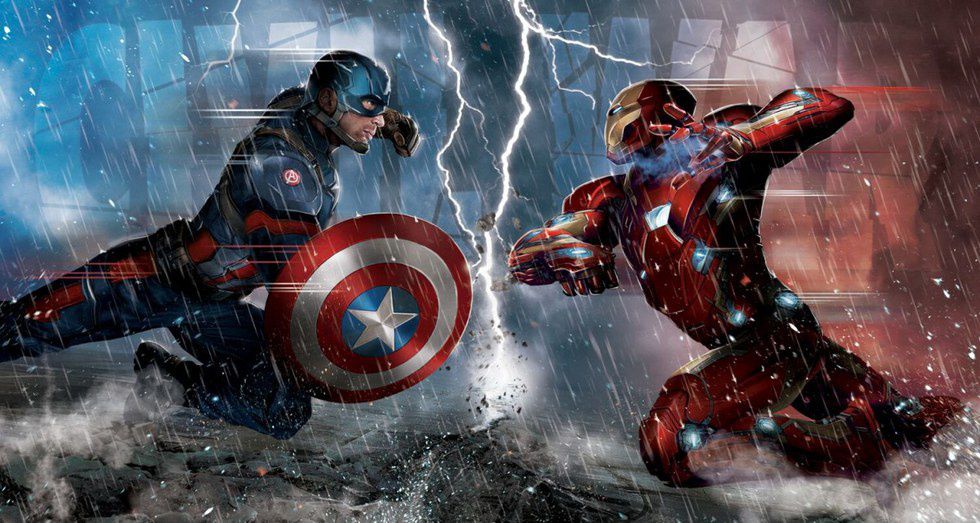
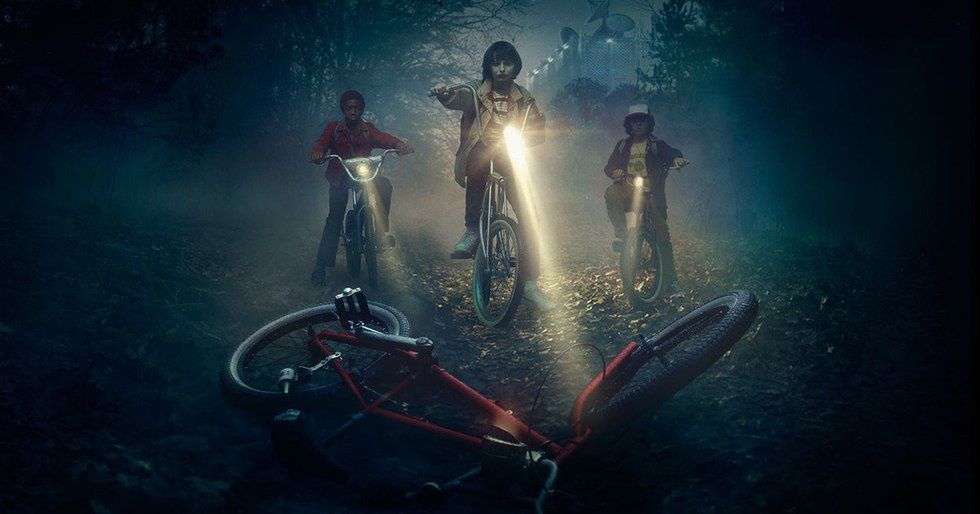
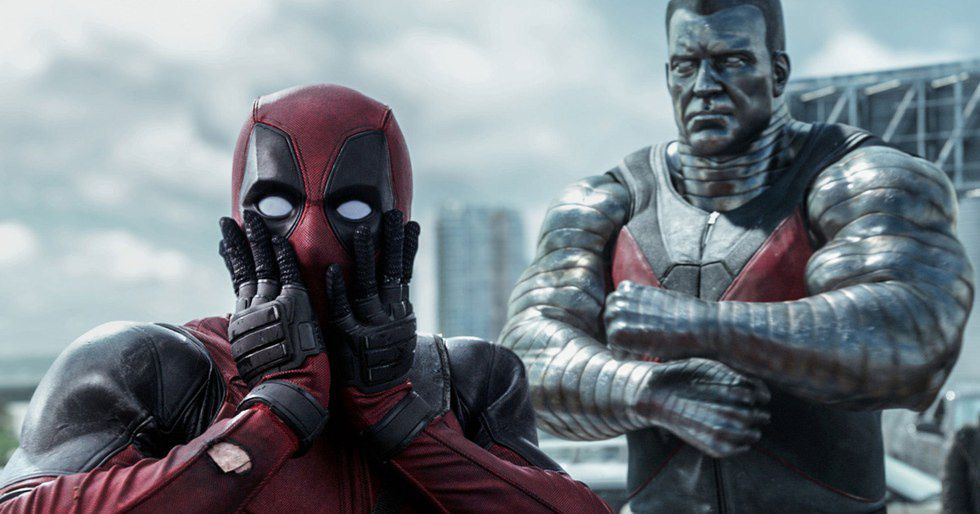
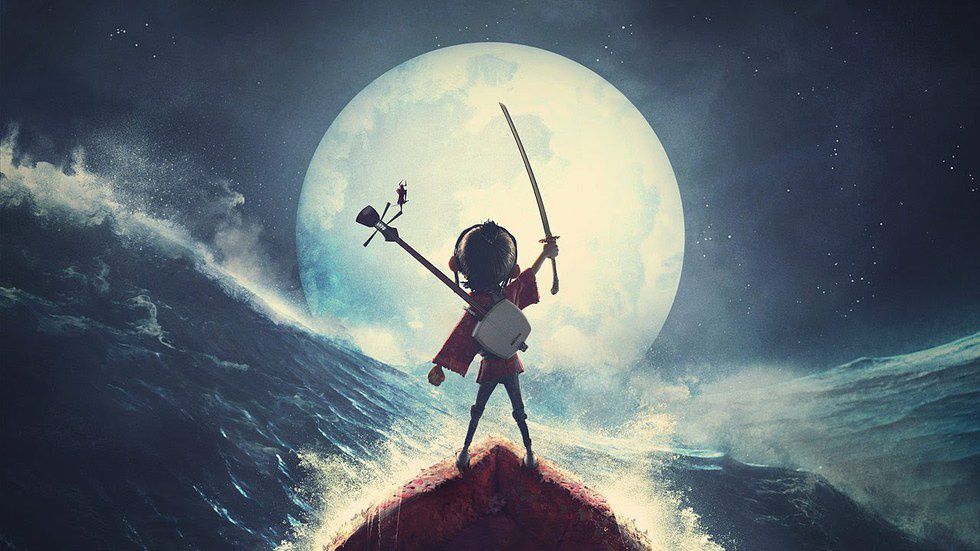




 The minimum wage is not a living wage.
StableDiffusion
The minimum wage is not a living wage.
StableDiffusion
 influential nations
StableDiffusion
influential nations
StableDiffusion











